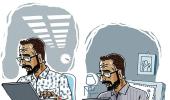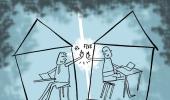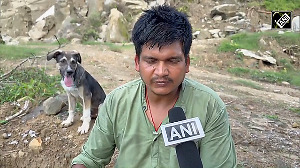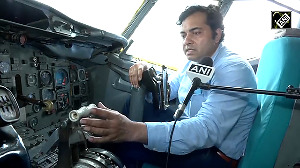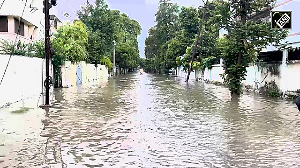'Working from home is a privilege for many, while showing up every day to serve others is a measure of devoted service to fellow humans required of many jobs in service to each other that create a civil society,' a CEO responds to Sree Sreenivasan's Work Remotely Forever Pledge.
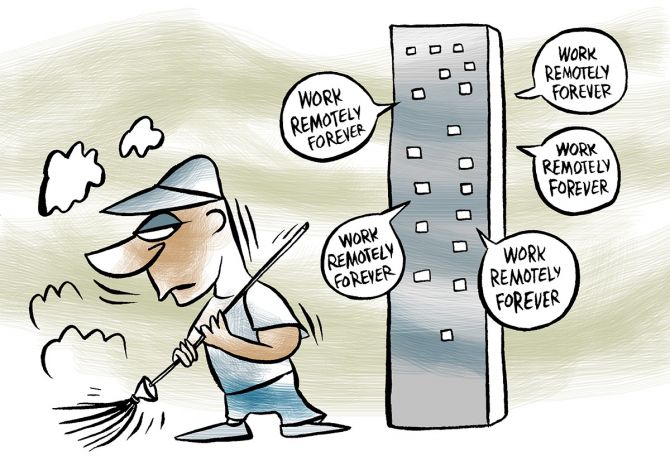
We received so many thoughtful responses to the Work Remotely Forever Pledge (external link), and I want to highlight one.
Laurie Norton Moffatt, Director/CEO of the wondrous Norman Rockwell Museum (external link), wrote to me to remind me of all the people who simply cannot work from home at least most of the time. From her note:
I couldn't agree more. And we need always acknowledge how lucky some of us are to be working from home or building a business (as I have done (external link)) during the pandemic.
I always salute the frontline workers, the medical staff, the restaurant workers who have made it possible for the rest of us to survive and thrive while they risk it all.
[Having been on multiple airplanes, I am especially upset for the flight attendants who have had to deal with passenger misbehaviour (much of it mask-related) during the crisis.
The first class passenger who punched an American Airlines flight attendant for accidentally bumping into him should never fly on any airline again.
This may not be why industry-wide no-fly lists were invented, but this is a perfect use case.]
Of course, working from home is something available to a limited amount of people, but it's still hundreds of millions of people globally.
I think changing that language to something more encompassing is possible but would diminish the directness of the pledge (external link).
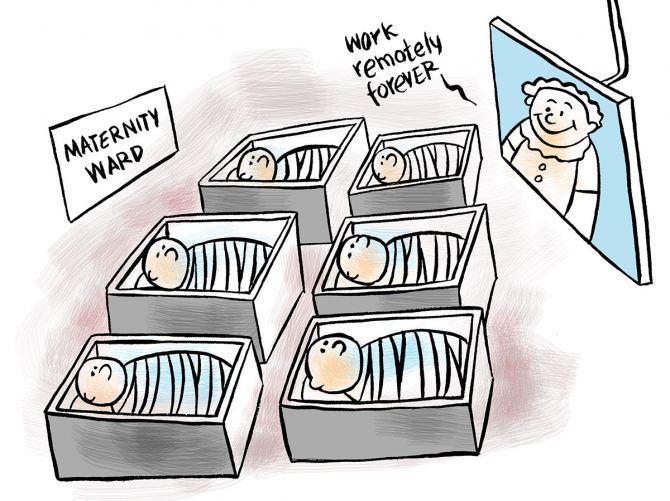
Fundamentally, it comes down to control, and I think that's the underlying message I take from Laurie's note.
The Great Resignation (external link) is largely about taking our lives back from the throes of work, and, although some people may not be able to work from home, that doesn't mean they don't deserve greater control of the 'life' side of work-life balance.
In the case of the arts, I'm especially cognisant of the importance of the physical, real-world experience.
My time at The Met really showed me the power of the arts in tactile form -- there are just some things that need to be seen in person.
See my #3MetYears hashtag (external link) for scores of posts on just this topic.
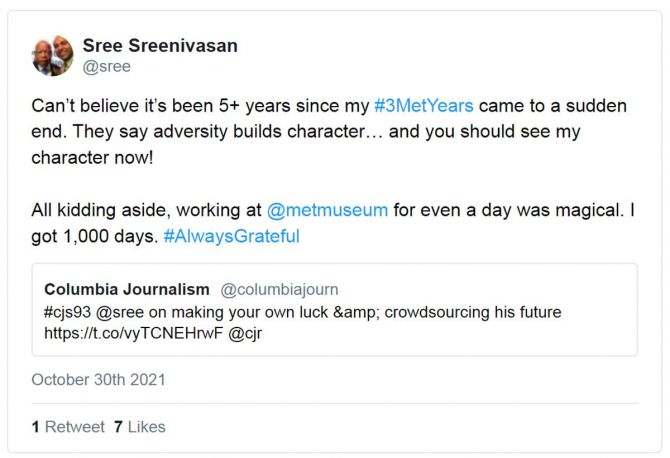
Laurie speaks to that in her note. It continues (edited slightly for clarity):
One side effect of the last couple of years is that it accelerated thinking about, and action in, the digital space within organizations that needed to make that push.
Museums have done well to accommodate a digital-only audience, but it's just not the same.
You need to be in the space, with other people, in exhibitions curated by people who know how to move you, with human guides answering even the most-complicated questions -- people make the difference.
Sree Sreenivasan is a leading tech expert based in New York City. He is the co-founder of SAJA, the South Asian Journalists Association. You can find him on Twitter at https://twitter.com/sree
Feature Presentation: Ashish Narsale/Rediff.com


